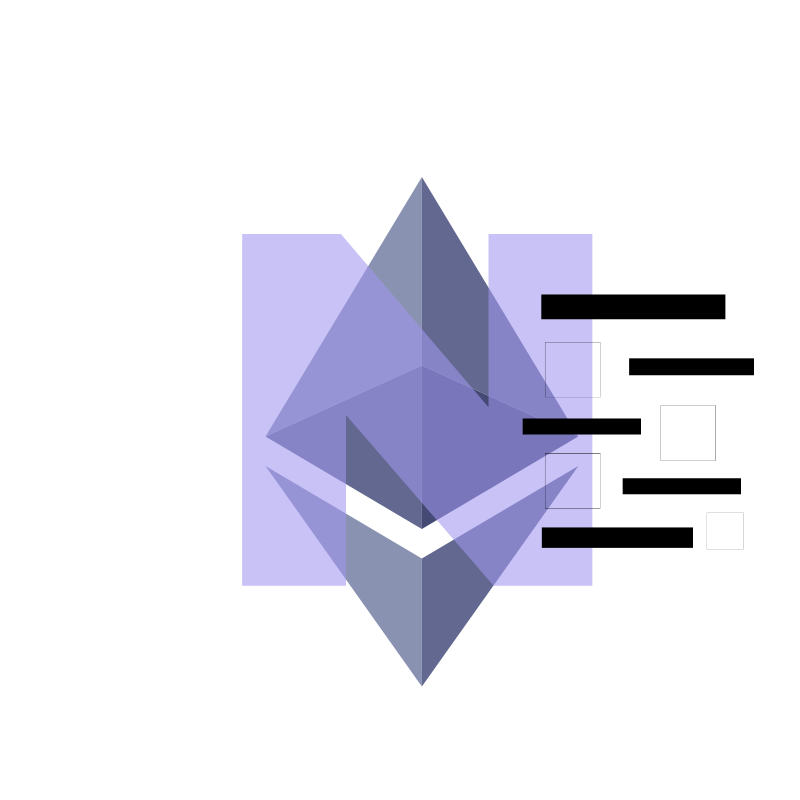

Ethereum Gas Fees Plummet 95% After Dencun Upgrade, But ETH Price Takes a Hit
Mar 15, 2025
3 min read
A year after the Dencun upgrade, Ethereum has seen a dramatic 95% drop in average gas fees, making transactions significantly cheaper for users. However, this positive development comes alongside a troubling 53% decline in the price of Ether (ETH), raising concerns about the network's overall health and competitiveness.
Key Takeaways
Ethereum's average gas fees have decreased from 72 gwei to 2.7 gwei since the Dencun upgrade.
Transaction costs for token swaps and NFT sales have dropped to $0.39 and $0.65, respectively.
Despite lower fees, ETH's price has fallen from $4,070 to approximately $1,891.
Upcoming upgrades face technical challenges, raising questions about Ethereum's future.
Overview Of The Dencun Upgrade
On March 13, 2024, Ethereum implemented the Dencun upgrade, which combined the Cancun upgrade for the execution layer and the Deneb upgrade for the consensus layer. This significant update introduced nine Ethereum Improvement Proposals (EIPs) aimed at enhancing scalability and reducing transaction costs, particularly for layer-2 networks like Arbitrum, Optimism, and zkSync.
Impact On Gas Fees
Prior to the Dencun upgrade, Ethereum's gas fees were notoriously high, averaging around 72 gwei. As of March 12, 2025, this figure has plummeted to just 2.7 gwei. The reduction in fees has made transactions much more affordable:
Token Swaps: From $86 to $0.39
NFT Sales: From $145 to $0.65
This drastic reduction in costs is expected to encourage more users to engage with the Ethereum network, potentially revitalizing its ecosystem.
ETH Price Decline
Despite the significant drop in gas fees, the price of Ether has not fared as well. Since the Dencun upgrade, ETH has seen a staggering 53% decrease in value, dropping from over $4,070 to around $1,891. This decline has raised alarms among investors and analysts alike, with some suggesting that Ethereum is losing its competitive edge in the decentralized finance (DeFi) space.
Dominik Harz, co-founder of Build on Bitcoin (BOB), expressed concerns about Ethereum's performance, stating that the recent price drop has erased all DeFi Total Value Locked (TVL) gains since the previous U.S. presidential election. He noted that while Solana has been experiencing a surge in activity, particularly with memecoins, Ethereum's struggles are becoming increasingly apparent.
Upcoming Challenges With Pectra Upgrade
Looking ahead, Ethereum's next major upgrade, Pectra, has already encountered technical issues. Launched on the Sepolia testnet on March 5, 2025, the upgrade faced problems such as empty blocks being mined and persistent error messages. Although the development team has managed to stabilize the testnet, these hiccups have raised concerns about the mainnet launch.
Harz pointed out that while the Pectra upgrade aims to double the available data space for layer-2 solutions and reduce costs, it may not be a comprehensive solution to Ethereum's deeper issues. As the network continues to face challenges, the question remains whether it can reclaim its status as the leading platform for decentralized applications and smart contracts.
Conclusion
The Dencun upgrade has undeniably made Ethereum transactions more affordable, but the simultaneous decline in ETH's price and the technical challenges of upcoming upgrades highlight the complexities facing the network. As Ethereum navigates these turbulent waters, its ability to adapt and innovate will be crucial in maintaining its position in the rapidly evolving blockchain landscape.
Sources
Ethereum Gas Fees Drop 95%, But ETH Price Falls 53%, The Crypto Times.
Ethereum average gas fees drop 95% one year after the Dencun upgrade — TradingView News, TradingView.
Ethereum average gas fees drop 95% one year after the Dencun upgrade, Cointelegraph.